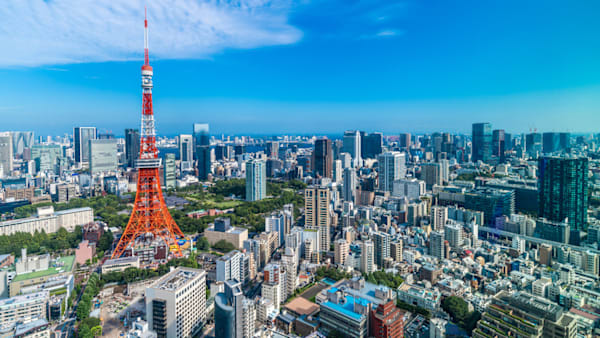Copyright channelnewsasia

SINGAPORE: A combination of favourable conditions – a weak yen, tourism growth and attractive rental yields – is driving unprecedented Singaporean interest in Japan's property market. Just a few years ago, FM Investment held sales events in Singapore for Japanese real estate once every couple of months. This year alone, the investment firm has organised at least 15 events for 12 boutique developments across Tokyo, Osaka, Nagoya and Kyoto. Even more striking is that Singaporeans have displaced Hong Kong investors as the firm's largest buyer group, now accounting for half of all transactions – up from 30 per cent last year. The numbers tell the story across the industry. Property seminar attendance has risen, with apartments taken up on the spot. A two-bedroom unit in Tokyo's Asakusa district was sold for under half a million Singapore dollars at OrangeTee's first official Japanese property event last month. Savills Singapore sold out all 60 units of a boutique Osaka development in July, with half going to Singapore-based buyers. WHAT'S DRIVING THE RUSH The yen's sustained weakness has significantly enhanced purchasing power for foreign buyers. At current exchange rates, S$1 is worth 117.6 yen – about 12 per cent more than three years ago when Japan reopened its borders to international travellers. For investors, this translates directly into lower acquisition costs and better value per square foot. Borrowing costs in the country have also stayed low, with its current benchmark rate of 0.5 per cent comparatively lower than most Asian markets. With new Japan Prime Minister Sanae Takaichi – a proponent of big spending and loose monetary policy – market expectations have further shifted towards a prolonged low interest rate policy, said Mr Hideaki Suzuki, executive director of research consulting at Cushman and Wakefield. These advantages align with Japan's surging tourism momentum. Visitor numbers continue to break records, driving demand for short-term rental accommodations. Osaka alone welcomed 14.6 million visitors last year, with the government targeting over 16 million arrivals for this year. The recent World Expo, which concluded in October, brought a massive influx of 27 million domestic and international visitors to the city over six months. Crucially, Japan continues to be seen as a safe haven for international capital and a place that Singaporeans are familiar with, property players said. All these have burnished the appeal of Japan versus other property markets, such as Australia and the United Kingdom. Yields in these markets long favoured by Singaporeans may no longer be attractive given higher domestic interest rates, said Realion’s deputy group chief executive Justin Quek. On top of the confluence of pull factors, there is also a push factor – the additional buyer’s stamp duty in Singapore, which makes ownership of multiple properties prohibitively expensive. Japan has no restrictions on foreign ownership of real estate, making it attractive to Singaporean investors, said Realion’s group chief executive Desmond Sim.



